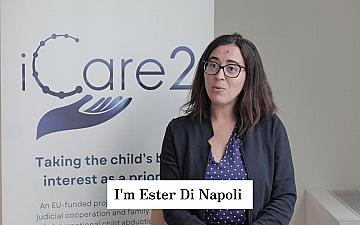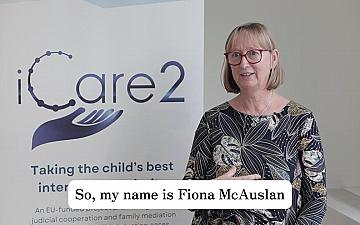Given humanity's technological advances in recent decades, there has been a gradual increase in the number of employees who solely perform intellectual work. Whether this is the main reason or it is because of a combination of factors, it is a fact that an increasing number of people appear to be obese, as according to the World Health Organisation (WHO), in 2022, more than 1 billion people worldwide suffer from obesity. Besides, the fact that this billion includes around 340 million adolescents and 39 million children should also not be ignored. Perhaps aware of the potential health risks for them and their families, more and more people are recently striving to lead a healthier lifestyle. On the other hand, it is normal that this trend increases the supply and demand of products advertised as having positive health effects on our bodies.
However, it should be noted that not all products marketed as healthy or beneficial are as effective or safe as claimed in the advertisements. Moreover, apart from their controversial effectiveness, the more important question remains: whether these products are effective and safe. In this regard, it is crucial to be wary of marketing claims that promote such products and perform our research before deciding to use any product. It should be borne in mind that the effectiveness and safety of such products may not be supported by scientific evidence. In addition, they may have potential side effects or risks that are not disclosed in their marketing advertisements. Therefore, it is a good idea to consult with a healthcare professional or qualified dietitian before starting to use a new product, especially if we are in a specific health condition that requires medical supervision.
Under a 2020 study by Ipsos' Global Advisor, the most common information people worldwide seek and receive on social media is related to their appearance and the opportunities for changing it. One of the main reasons is that according to the 2022 Regional Report on Obesity presented by the WHO, around 59% of young people in Europe alone are overweight or obese.
Naturally, when there is a lot of publicly available information on a topic, it is not surprising that there is also a lot of disinformation on the latter. When we talk about a positive change in appearance, this disinformation is rooted in spreading only the benefits of using weight loss teas or taking supplements for weight loss or weight gain while not making the potential risks and harms of their use sufficiently clear.
Weight loss teas, also called detox teas, are marketed as a way to use them to help people lose weight easier and cleanse their bodies of harmful toxins. However, these teas can have detrimental health effects that should not be underestimated. Some of the potential harms of consuming tea for weight loss include the following: Dehydration: Many weight loss teas contain diuretics, which are substances that increase the amount of urine you produce. This can lead to dehydration if you don't drink enough water to compensate for fluid loss. Electrolyte imbalance: Some weight loss teas contain laxatives that can cause your body to lose essential electrolytes such as potassium and sodium. This can lead to symptoms such as muscle cramps, weakness and confusion. Drug interaction: Some ingredients in weight loss teas, such as caffeine and guarana, may interact with certain medications, such as blood thinners, causing unwanted side effects.
Precisely because of these health risks associated with some of the ingredients such teas may contain, they are not recommended for use by children and adolescents. For example, a recently published scientific article points outs that they may have a negative impact and even pose a health risk to children with attention-deficit/hyperactivity disorder (ADHD) who are also taking other stimulants, as well as to adolescents who are experiencing rapid growth phases.
Disinformation can also be found in some cases of advertising dietary supplements, where it is claimed that they can help build muscle supply, lose weight or improve athletic performance quickly and easily.
In Europe, food additives are regulated by the European Food Safety Authority (EFSA) and the European Medicines Agency (EMA). They are responsible for ensuring food and dietary supplements safety, efficacy and quality. However, there is still a lot of disinformation about using such supplements in Europe. Some companies make unproven or false claims about the benefits of their supplements, and some accessories are sold with potentially dangerous ingredients or don't have the number of ingredients they claim to have. Suppose you have any doubts about a product. In that case, you should always check the product in the EU Food and Feed Information Portal Database, which contains information on authorised food additives, including flavouring and health and nutrition claims.
In conclusion, it is necessary to note that weight loss teas and dietary supplements should not be used as a substitute for a healthy diet since regular exercise and a balanced diet are still the best and most beneficial ways to maintain good health.









